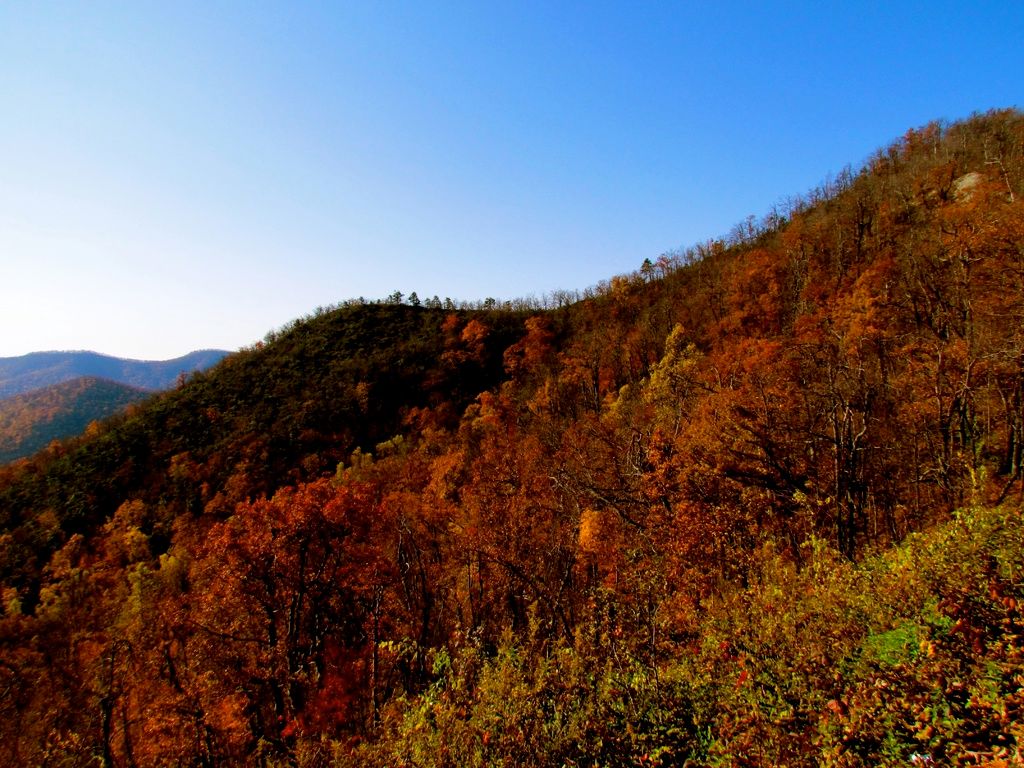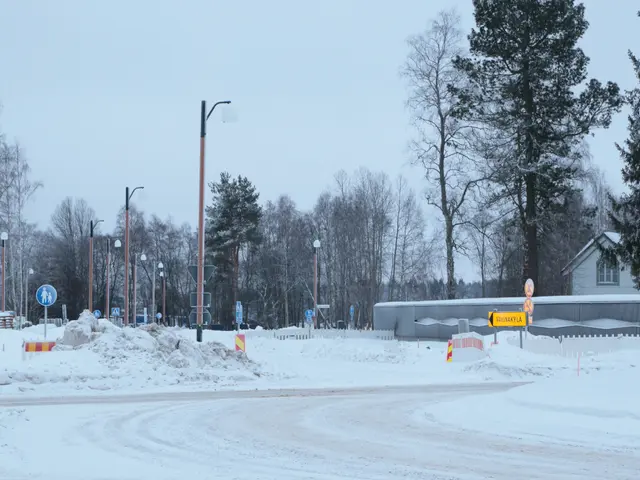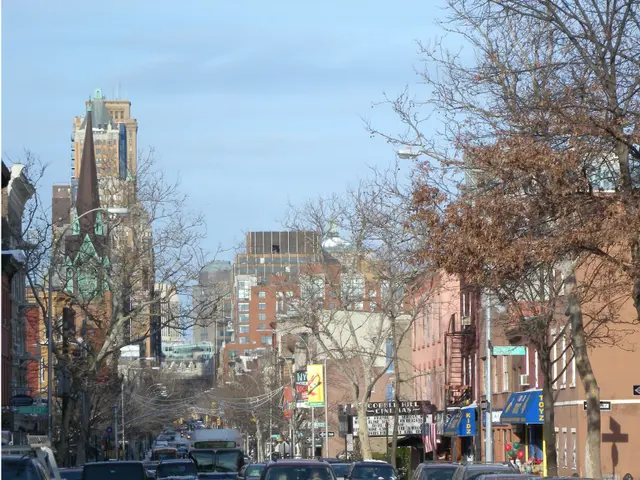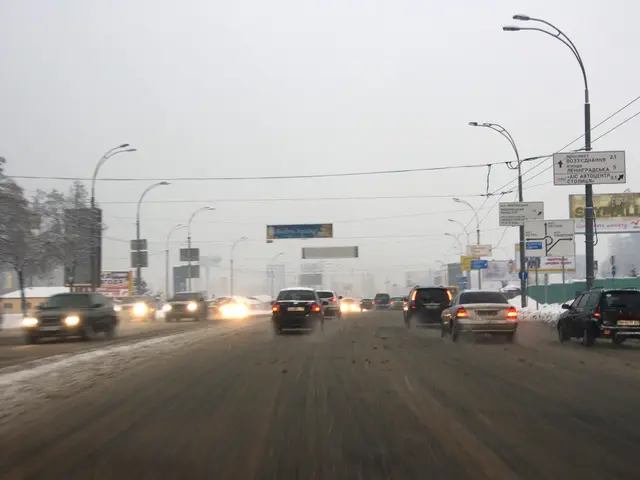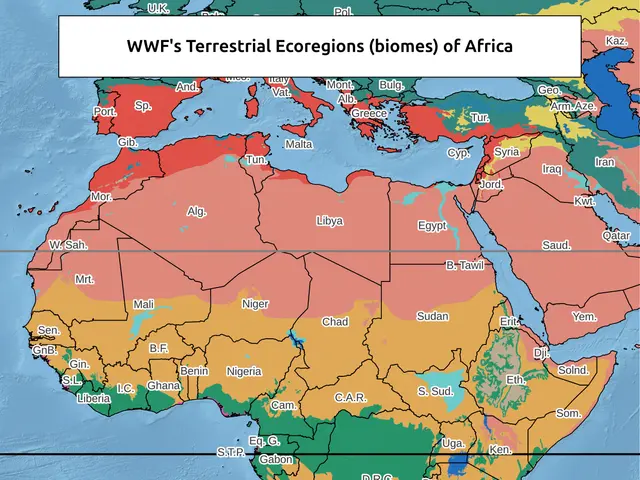Squamish District at Risk as Canada Endures One of its Worst Wildfire Seasons
Firefighters from Canada successfully manage to contain forest blazes in areas surrounding Vancouver.
Listen up, folks! The wildfire season in Canada is shaping up to be a nasty one, with fires raging across the nation. Firefighters are currently tackling over 220 blazes that have scorched close to 4 million hectares of land so far, and over 90 of these fires remain out of control. But there's some good news: lower temperatures have recently eased the situation a teeny bit.
The city of Vancouver narrowly dodged a bullet as firefighters contained a fire that threatened nearby communities. The fire, charring nearly 60 hectares, was contained, according to the British Columbia Fire Service's announcement on Sunday. The danger to the Squamish district, located around 60 kilometers north of Vancouver and partially evacuated, has been reduced for now.
However, wildfire experts are concerned about the looming forest fire season. The size of the burned area this year is already larger than in previous years at this time, and it's only the middle of June. Marc-André Parisien, an expert from the Canadian Forest Service, notes that major forest fires like the one in Squamish have never occurred in coastal areas before.
Climate change is the suspected culprit behind these devastating fires. The warmer and drier conditions we're seeing in Canada have been increasing over the past few years, making forest fires more likely. In 2023, Canada had its worst forest fire season to date, with more than 15 million hectares of land burned, eight firefighters lost, and 230,000 people forced to flee their homes.
The Squamish district is not out of the woods yet. The risk of new or expanding fires in the area and neighboring districts is expected to rise, especially if the current weather patterns persist. Fire officials are keeping a close eye on the situation, urging residents to prepare for possible evacuation orders and poor air quality due to smoke drift.
Stay tuned for updates on this developing story, as our heroes in firefighter gear continue to battle the flames. Keep your fingers crossed for cooler weather and rain to help put out these infernos!
Sources: ntv.de, afp
By the way, this wildfire season in Canada is ranked second to the record-breaking 2023 season, with 3.7 million hectares burned as of mid-June. That's nearly five times the ten-year average for this time of year, and the risk isn't certain to fade any time soon. More than 120 fires are still out of control, and the western provinces are facing the greatest risk of fire due to higher-than-normal temperatures and prolonged dry conditions.
Conditions are expected to remain hot and dry in western Canada, including the Squamish area, potentially intensifying the risk of new and spreading fires. Smoke from the Canadian fires has already affected air quality across North America, wrapping parts of the US in a haze. Let's keep our digits crossed for those battling these infernos, and let's hope Mother Nature decides to rain on their parade soon!
I'm not sure I'm ready for this rampant wildfire season in Canada, which is already larger than past seasons, particularly the record-breaking 2023 season. Climate change, with its warmer and drier conditions, seems to be a key factor in these devastating fires. Science, specifically the field of environmental-science, may help us understand and confront the impact of climate-change on wildfires. Meanwhile, air quality across North America has been affected by the smoke from these fires, while sports enthusiasts might be worried about the air quality affecting sports-betting decisions due to the persisting weather conditions.
